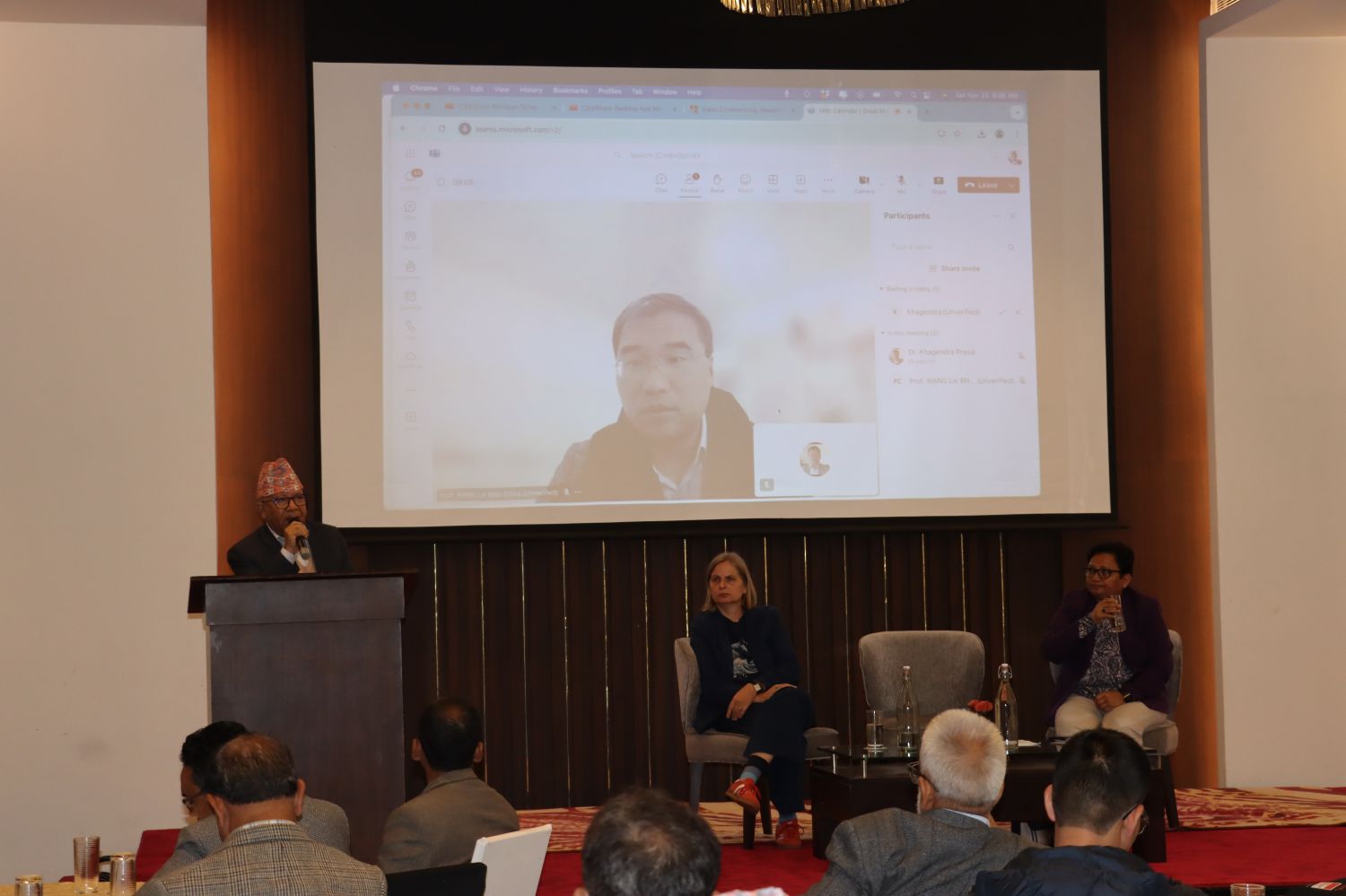
SATV NOV 24 KATHMANDU: As the global balance of power shifts from unipolar to multipolar, questions arise about its impact on leftist politics. On Saturday, scholars and leaders from Nepal, India, China, and the Philippines convened in Kathmandu to examine these challenges during an event titled “Changing World Order and Geo-political Landscape: Prospects and Challenges for Left Politics in Nepal.”
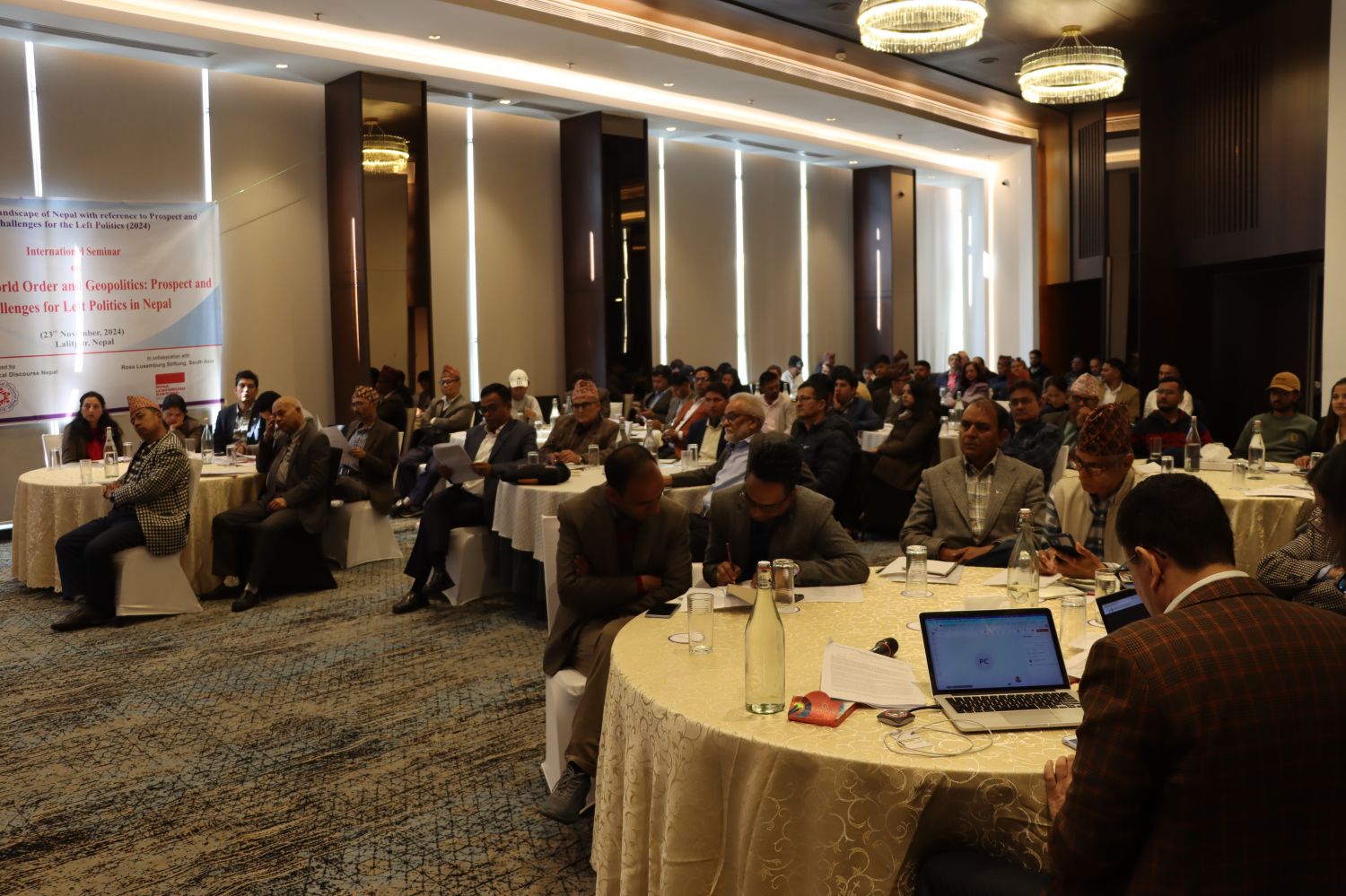
The event, organized by the Foundation for Critical Discourse Nepal, featured academic discussions led by Khagendra Prasai, an associate professor of political philosophy at Nepal Open University. Prasai presented a paper analyzing the opportunities for leftist politics in Nepal amid the waning dominance of neo liberalism and the rise of multipolarity.
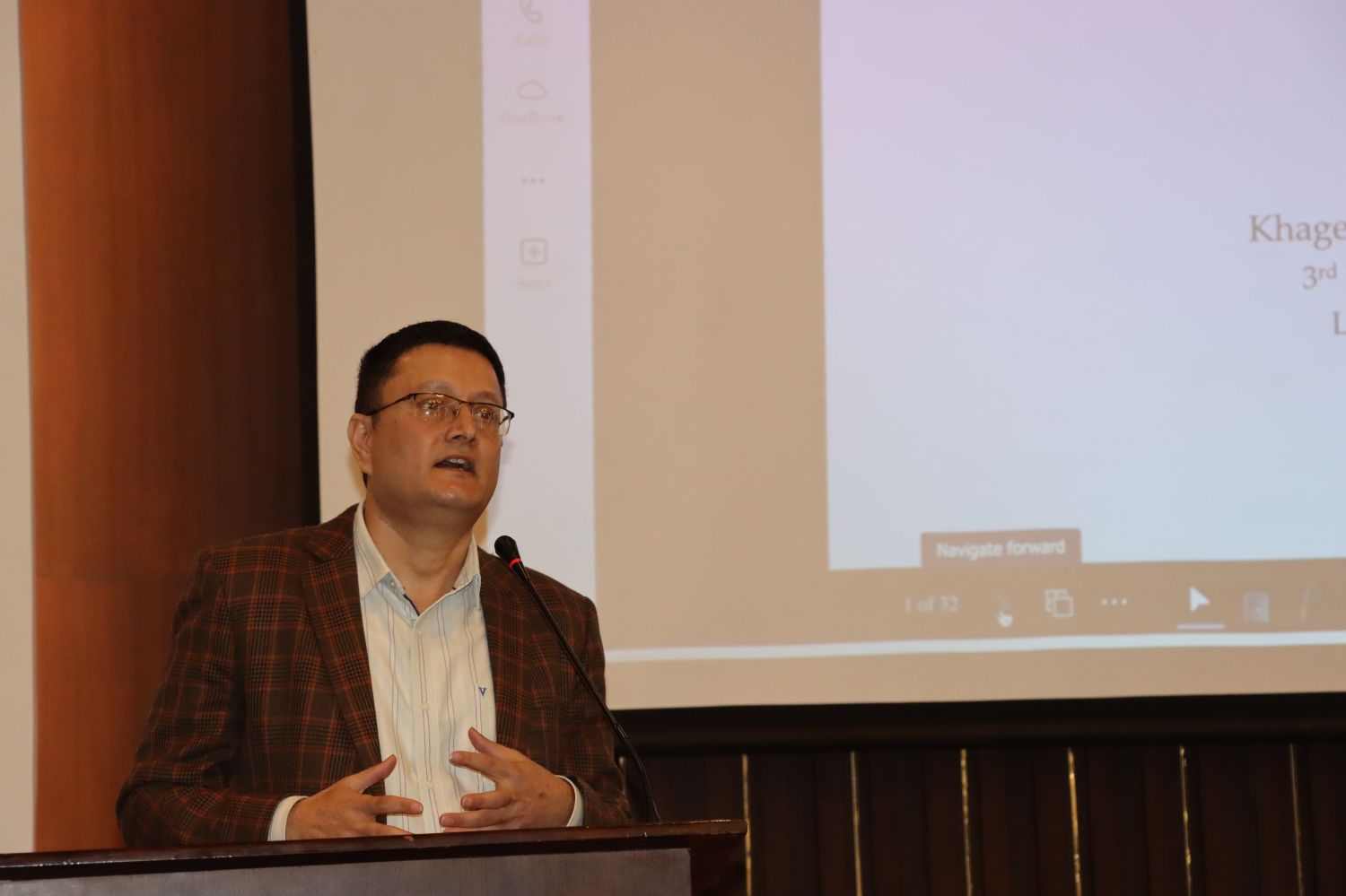
Opportunities for Nepal’s Left
In his presentation, Prasai argued that the decline of U.S. hegemony and the global spread of China's Belt and Road Initiative (BRI) have reshaped geopolitics, presenting opportunities for Nepal's leftist parties. "Understanding the nature, direction, and speed of this transition is crucial for Nepal’s leftist political movements," his paper stated. He suggested that the global south, led by emerging powers like China, is poised to challenge traditional power structures.
Prasai dismissed the notion of the U.S. as an imperialist superpower, emphasizing the benefits of multi polarity for smaller nations like Nepal. He also proposed that China's rise could enhance Nepal’s geopolitical significance if managed wisely.
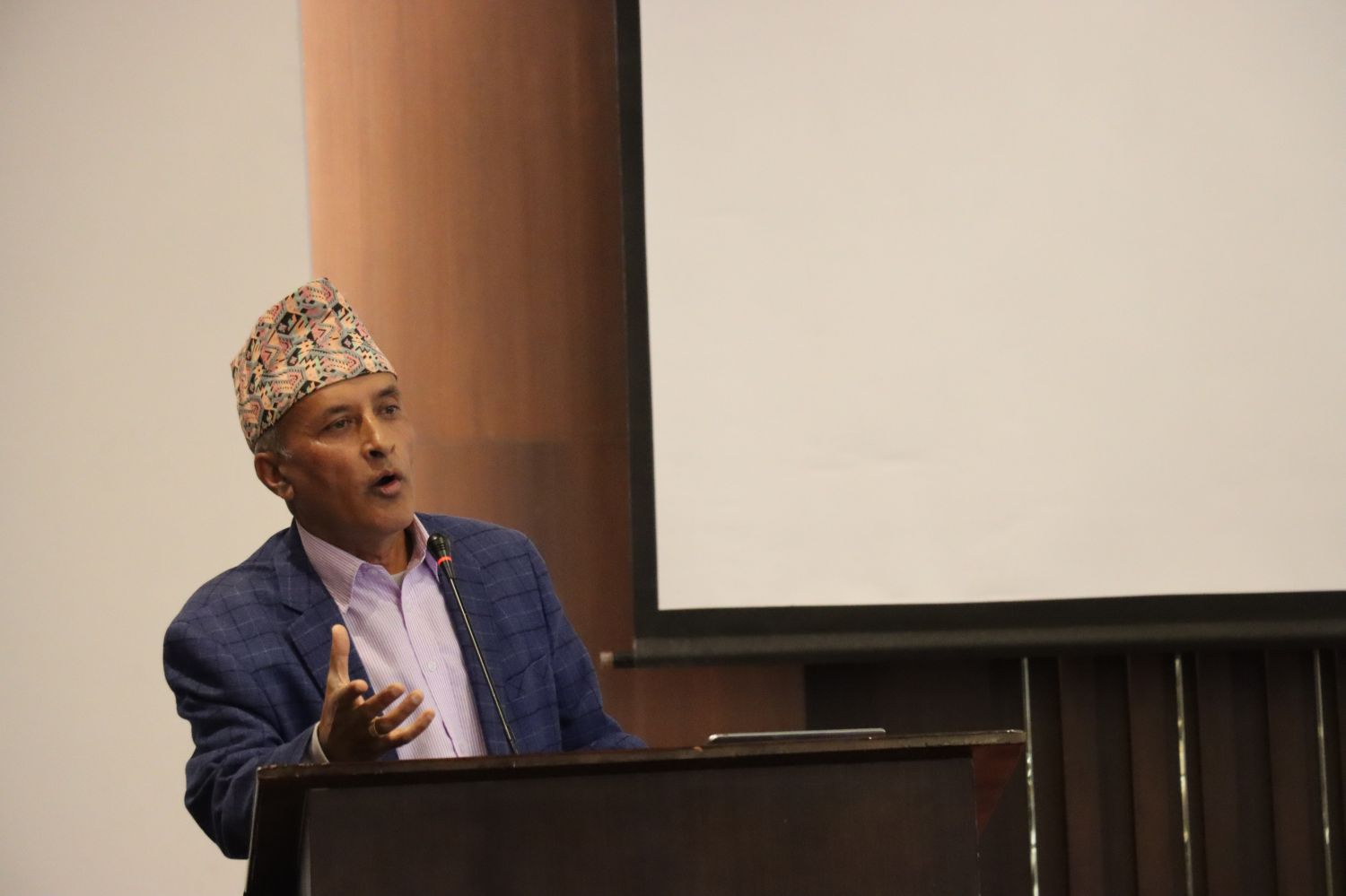
During the discourse, Lila Mani Paudel, the former Chief Secretary and former Ambassador of Nepal to China, critically analyzed the activities of the communist parties during their time in power. He mentioned that the rule of law should apply to all. Furthermore, in a multipolar scenario, there should be no gigantic pressure, and leaders will be more independent in addressing global issues, he added.
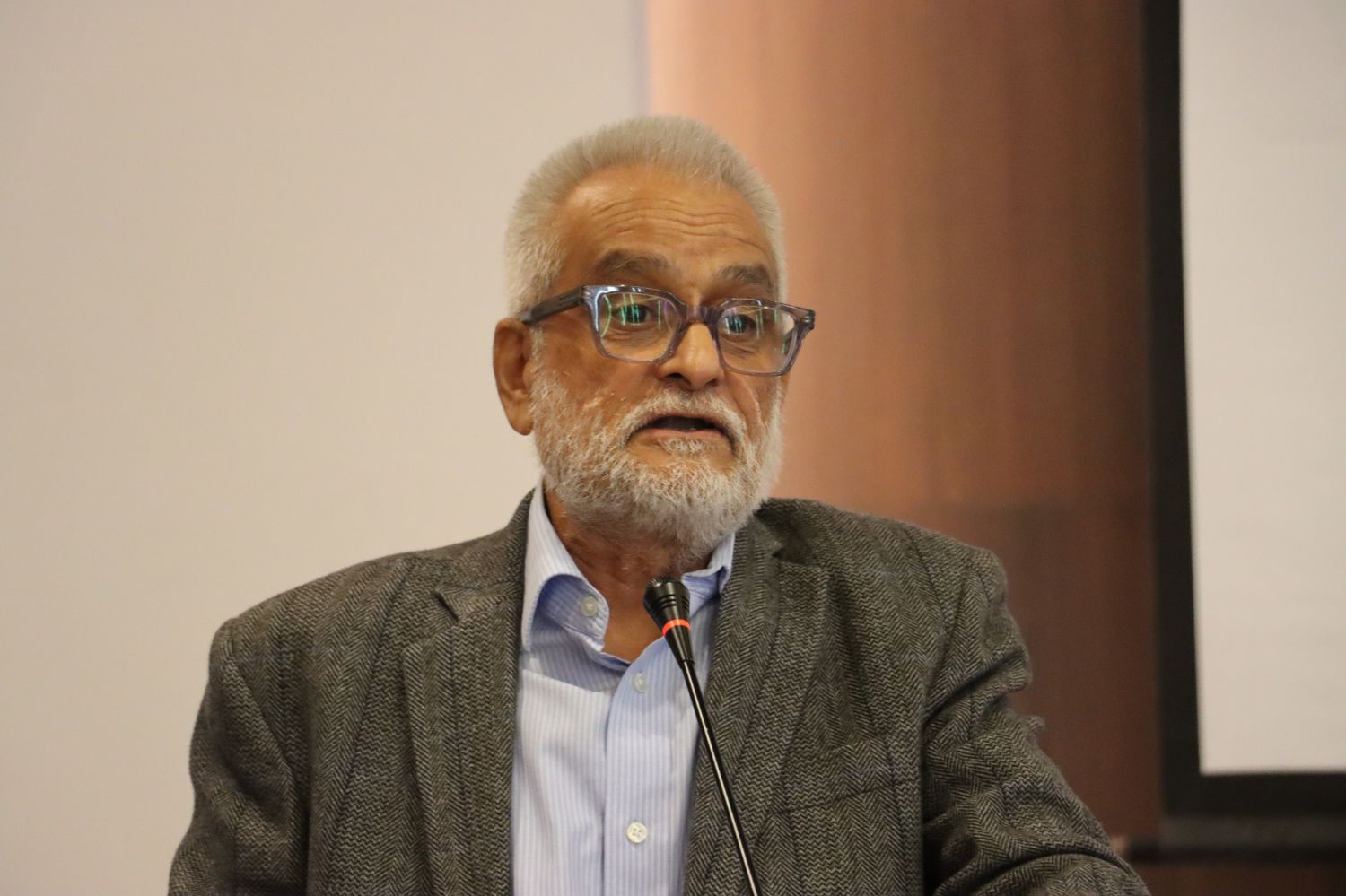
Counter arguments and Cautions
Not all participants shared Prasai’s optimism. GS Batulo, a professor at Jawaharlal Nehru University in India, warned that multipolarity could pose risks to communist parties. "The lack of political literacy among the masses remains the greatest challenge for leftist movements," Batulo said, urging leftist forces to prioritize education and vision over mere electoral gains.
Delhi University’s Saroj Giri highlighted the enduring influence of capitalism, warning that global power shifts often mask deeper economic inequalities. "We must not overlook the dual forms of capitalism—oligarchic and corporate—that continue to dominate," Giri noted.
Chinese scholar Wang Lei, director of the Centre for BRICS Studies, underscored the need for a rules-based global order, emphasizing that China’s rise should not be perceived as a threat. Meanwhile, Walden Bello, a leftist intellectual and former Filipino lawmaker, criticized U.S. policies and reflected on the global challenges to leftist ideologies.
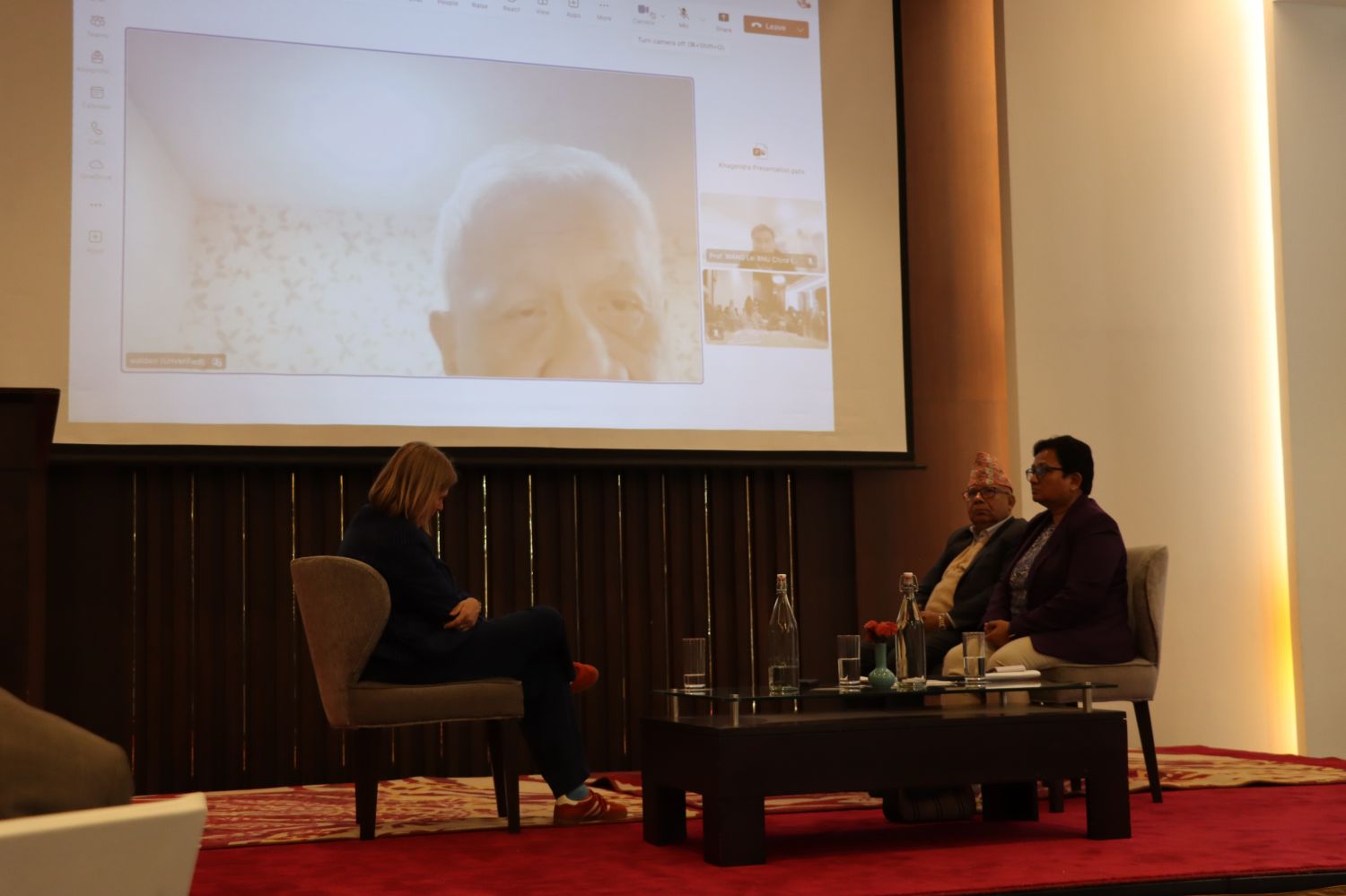
Local Perspectives
Madhav Kumar Nepal, chairman of the CPN (Unified Socialist) and former Nepali prime minister, recalled the struggles of Nepal’s communist movement. He attributed the eventual success of democracy to alliances forged between the Nepali Congress and communist forces, crediting leaders like the late Madan Bhandari for shaping the idea of “people’s multi-party democracy.” However, he criticized the current state of Nepal's communist parties, citing corruption and an overemphasis on individual leaders.
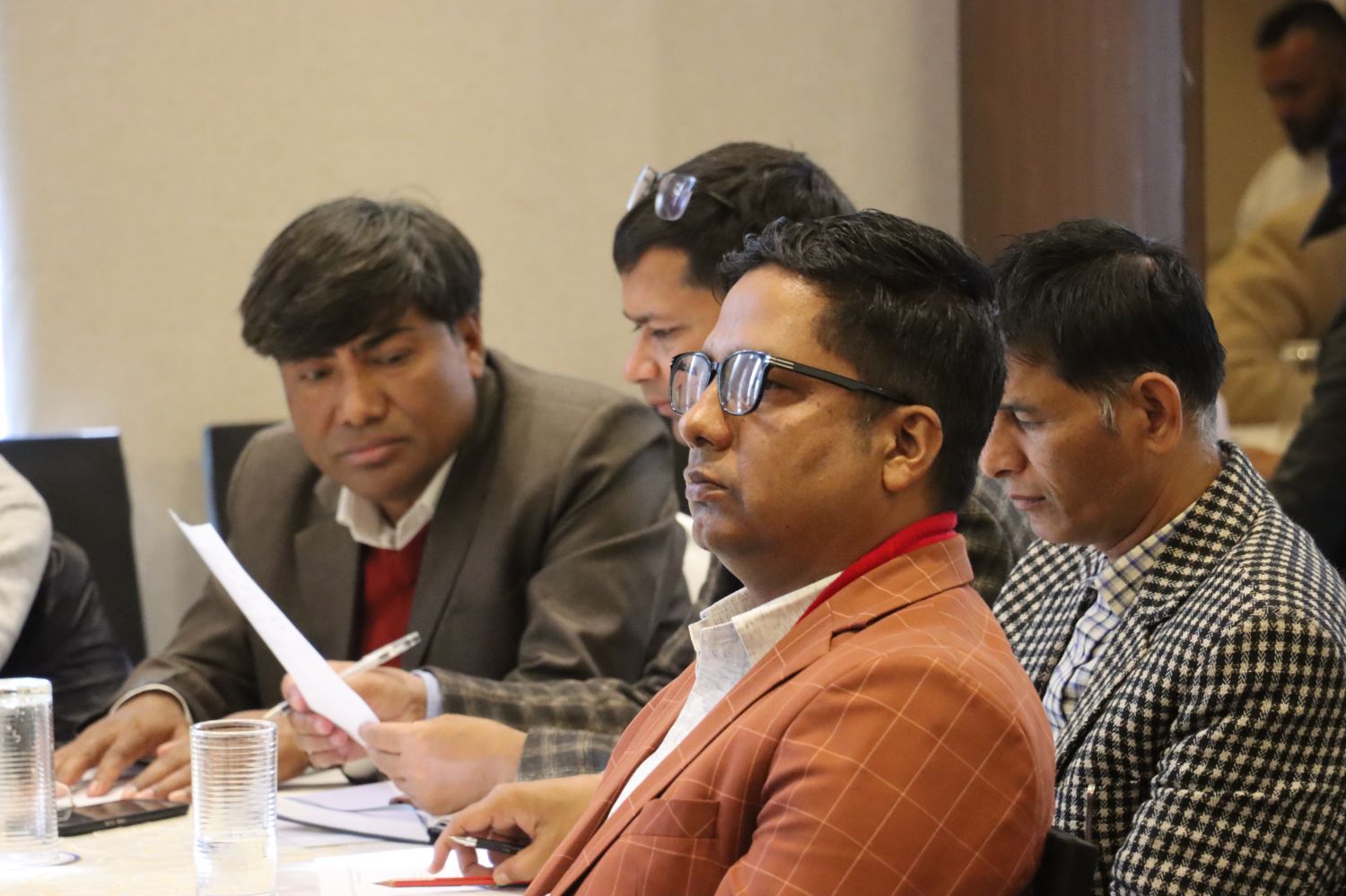
The Road Ahead
As the world navigates a multipolar future, experts at the event agreed that nations like Nepal must tread cautiously. Britta Petersen, head of the Rosa Luxemburg Stiftung New Delhi, pointed out that while multipolarity could benefit smaller nations, it could also attract investments driven by the interests of global powers rather than local needs.
Despite differing perspectives, the speakers acknowledged the transformative potential of the evolving geopolitical order. For Nepal’s leftist movements, the challenge lies in adapting to these changes while staying true to their ideological roots.












